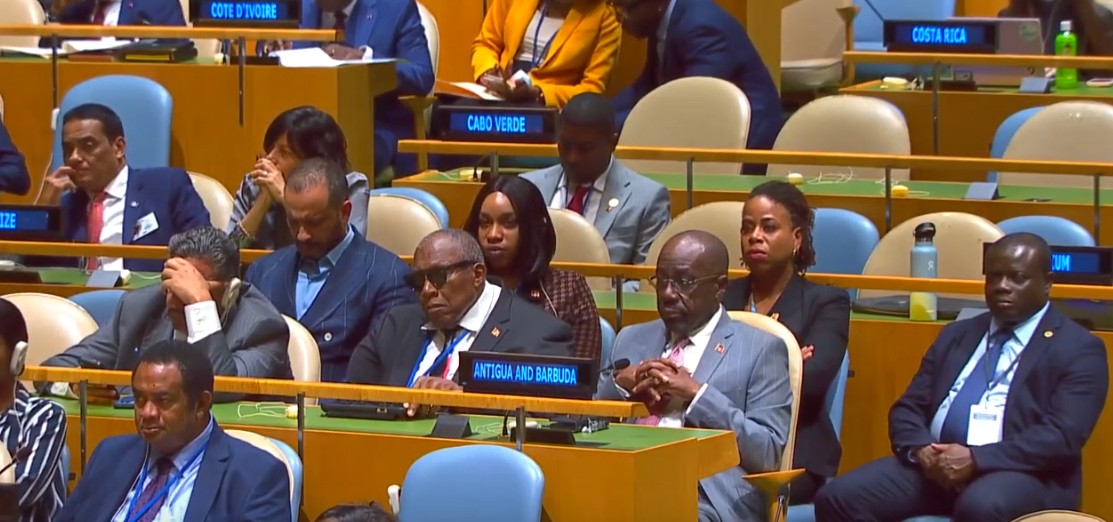Bolivia's electoral landscape is set for a dramatic transformation as preliminary results indicate that the country may elect its first non-left wing president in nearly 20 years. Senator Rodrigo Paz Pereira, representing the Christian Democratic Party, emerged as the frontrunner in last Sunday’s election, with former president Jorge Quiroga trailing closely behind. However, neither candidate secured sufficient votes to avoid a run-off election, which is scheduled for October.
Paz Pereira’s unexpected lead signals a departure from the longstanding rule of the socialist Movimiento al Socialismo (MAS) party, which has dominated Bolivian politics for nearly two decades. The senator’s campaign boldly emphasized the need for redistributing government funds to regional entities and fighting corruption, encapsulated in his slogan: “capitalism for all, not just a few.” His proposed policies include accessibility to credit, tax incentives aimed at stimulating the formal economy, as well as easing import restrictions for non-manufactured goods in Bolivia.
Quiroga, who served as interim president in the early 2000s, is positioned as a more established political figure, having previously held the Vice Presidency under Hugo Banzer, a military leader. The potential shift towards a pro-capitalist regime is anticipated to herald major changes in Bolivia’s foreign policy, especially relating to investments in lithium reserves, an increasingly crucial resource for electric vehicle batteries and sustainable technologies.
The electoral shift comes amid dire economic challenges facing Bolivia, including inflation spikes, shortages of essential goods, and dwindling foreign reserves. A significant number of voters expressed frustration with the current administration, leading to a general call for change. The incumbent president, Luis Arce, has opted out of seeking re-election due to low popularity levels.
Tensions surrounding the election were palpable, with the MAS party facing visible backlash at polling places. Reports indicated that candidates associated with the ruling party experienced public hostility, while an explosive device was reportedly detonated at a polling station where Andrónico Rodríguez, the leading left-wing contender, voted. Rodríguez, previously aligned with MAS, has since distanced himself from the party’s turbulent politics.
For the first time since 2006, the polarizing figure of former president Evo Morales will be absent from the ballot. Morales, who led Bolivia from 2006 until his resignation in 2019 amidst fraud accusations, has urged his supporters to null their votes as a protest against the current political landscape. He remains a contentious figure, facing ongoing legal issues and accusations of a politically motivated smear campaign.
With a fractured left and a growing desire for reform, the upcoming run-off could signal a significant pivot in Bolivian politics, as the nation grapples with its identity and direction moving forward.
Paz Pereira’s unexpected lead signals a departure from the longstanding rule of the socialist Movimiento al Socialismo (MAS) party, which has dominated Bolivian politics for nearly two decades. The senator’s campaign boldly emphasized the need for redistributing government funds to regional entities and fighting corruption, encapsulated in his slogan: “capitalism for all, not just a few.” His proposed policies include accessibility to credit, tax incentives aimed at stimulating the formal economy, as well as easing import restrictions for non-manufactured goods in Bolivia.
Quiroga, who served as interim president in the early 2000s, is positioned as a more established political figure, having previously held the Vice Presidency under Hugo Banzer, a military leader. The potential shift towards a pro-capitalist regime is anticipated to herald major changes in Bolivia’s foreign policy, especially relating to investments in lithium reserves, an increasingly crucial resource for electric vehicle batteries and sustainable technologies.
The electoral shift comes amid dire economic challenges facing Bolivia, including inflation spikes, shortages of essential goods, and dwindling foreign reserves. A significant number of voters expressed frustration with the current administration, leading to a general call for change. The incumbent president, Luis Arce, has opted out of seeking re-election due to low popularity levels.
Tensions surrounding the election were palpable, with the MAS party facing visible backlash at polling places. Reports indicated that candidates associated with the ruling party experienced public hostility, while an explosive device was reportedly detonated at a polling station where Andrónico Rodríguez, the leading left-wing contender, voted. Rodríguez, previously aligned with MAS, has since distanced himself from the party’s turbulent politics.
For the first time since 2006, the polarizing figure of former president Evo Morales will be absent from the ballot. Morales, who led Bolivia from 2006 until his resignation in 2019 amidst fraud accusations, has urged his supporters to null their votes as a protest against the current political landscape. He remains a contentious figure, facing ongoing legal issues and accusations of a politically motivated smear campaign.
With a fractured left and a growing desire for reform, the upcoming run-off could signal a significant pivot in Bolivian politics, as the nation grapples with its identity and direction moving forward.



















